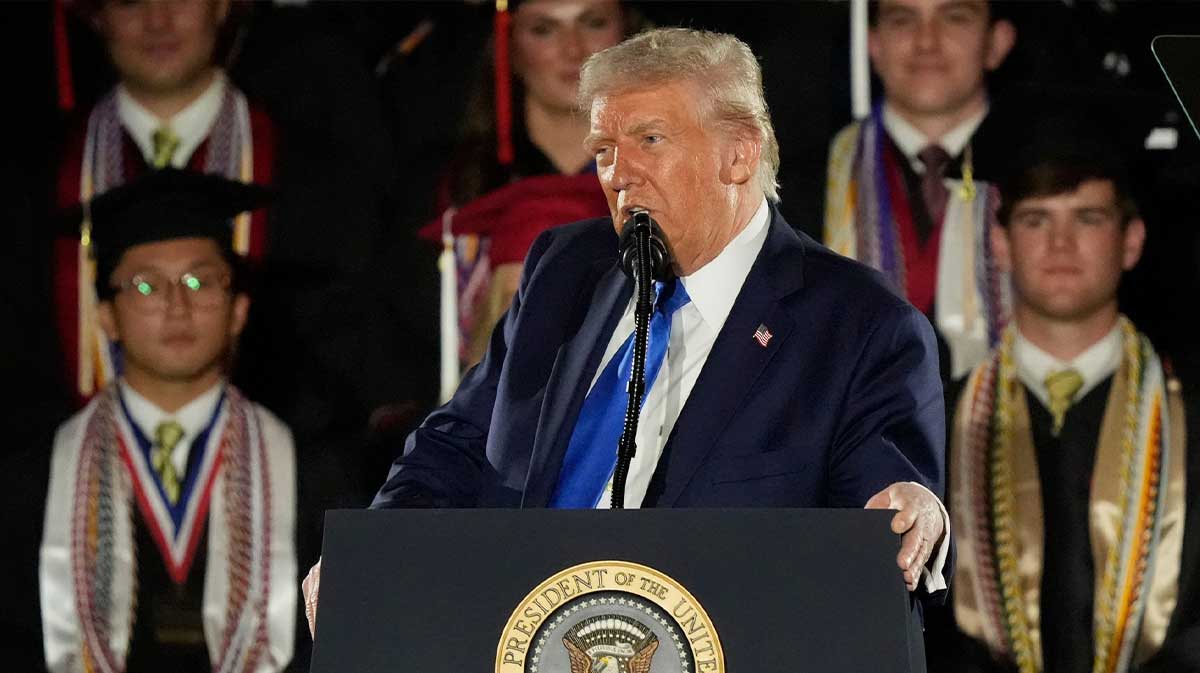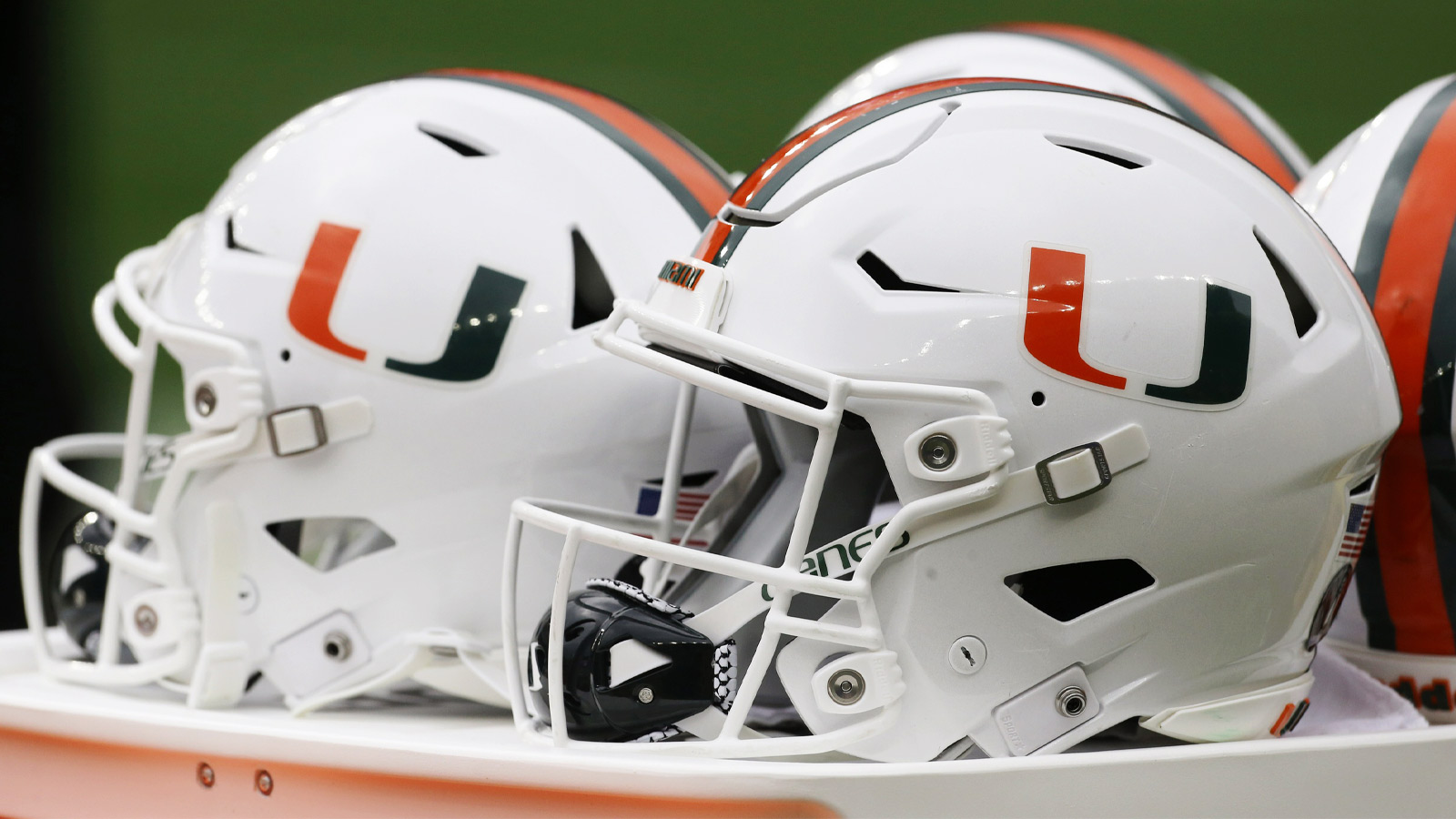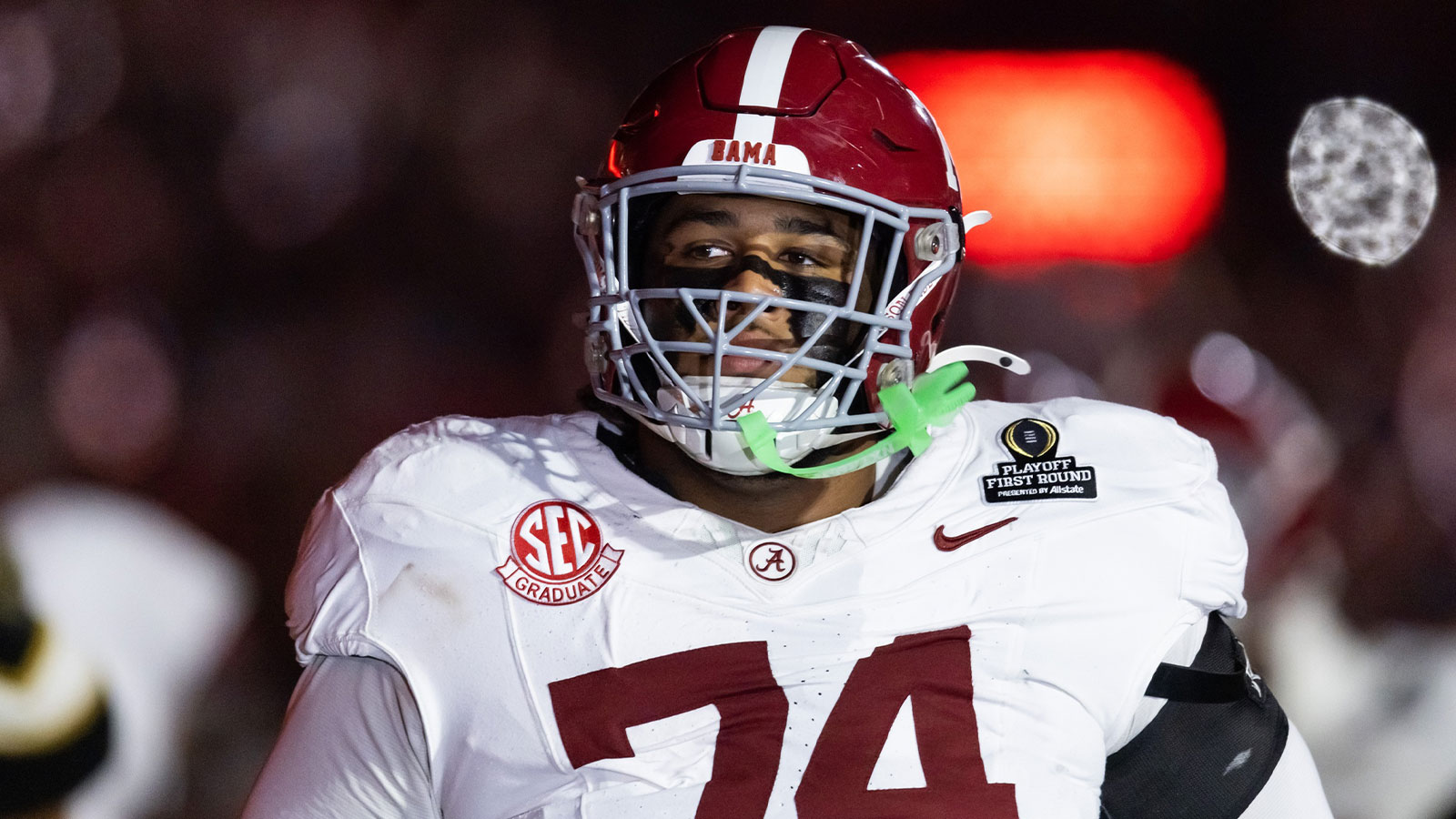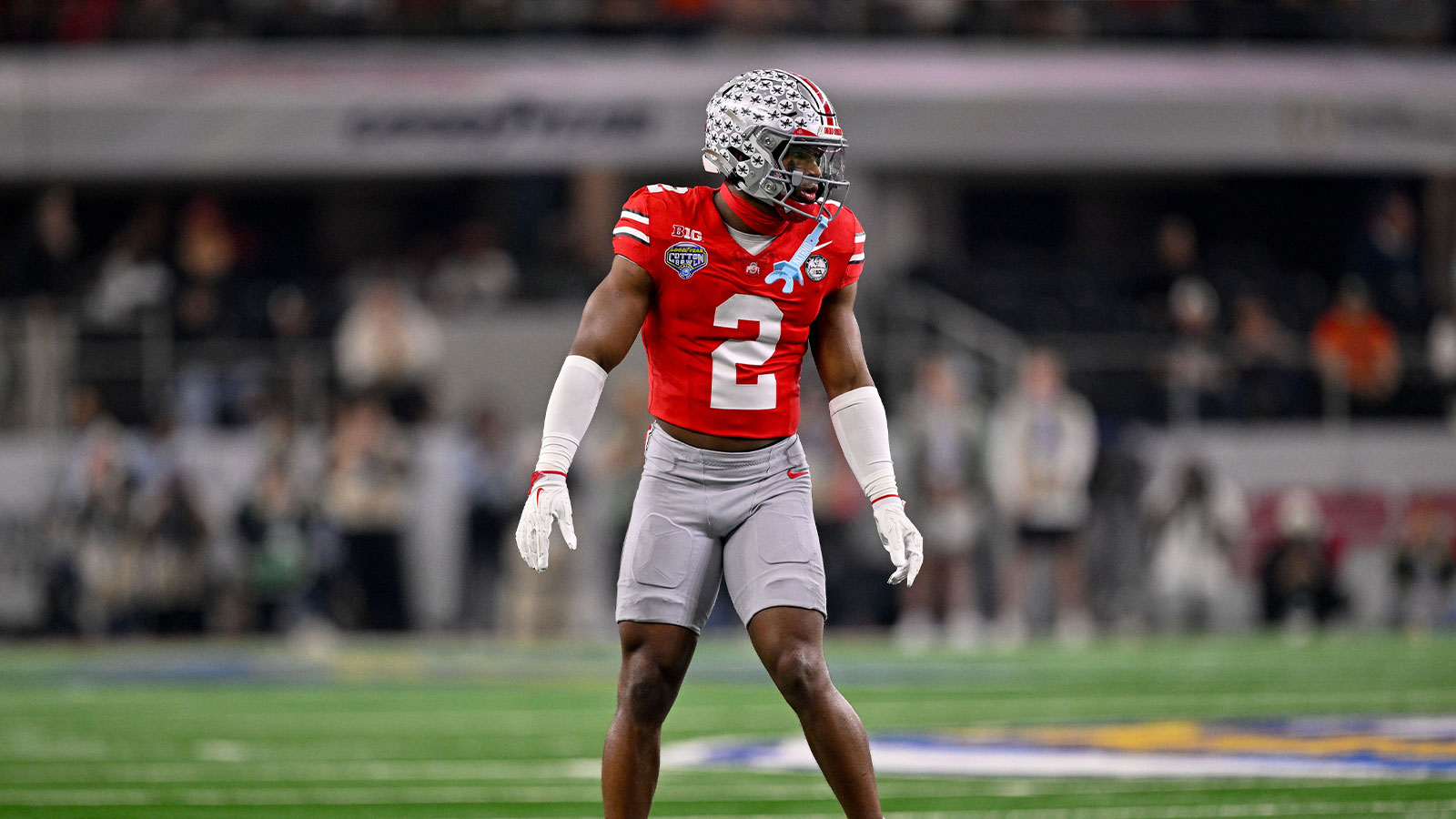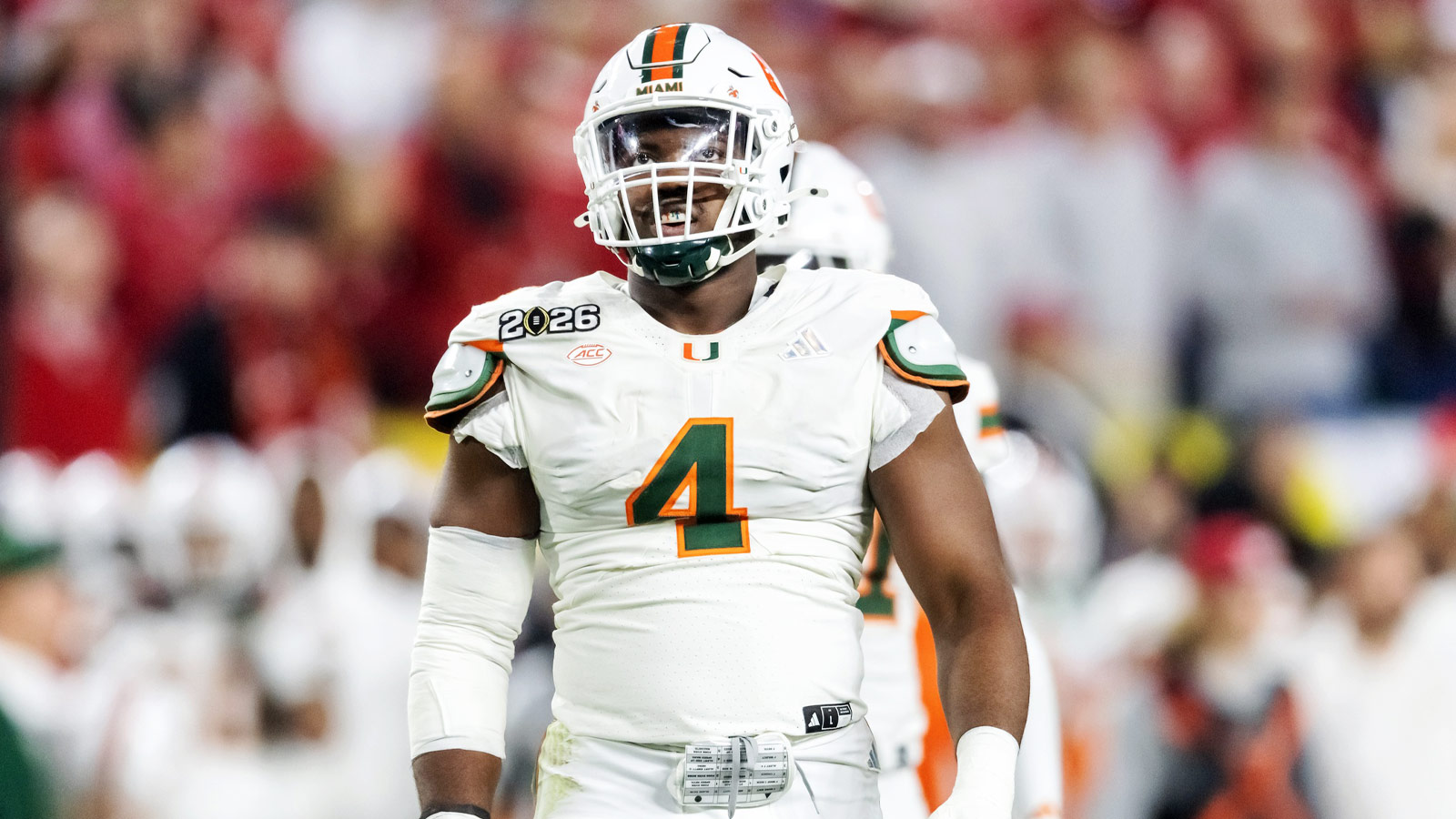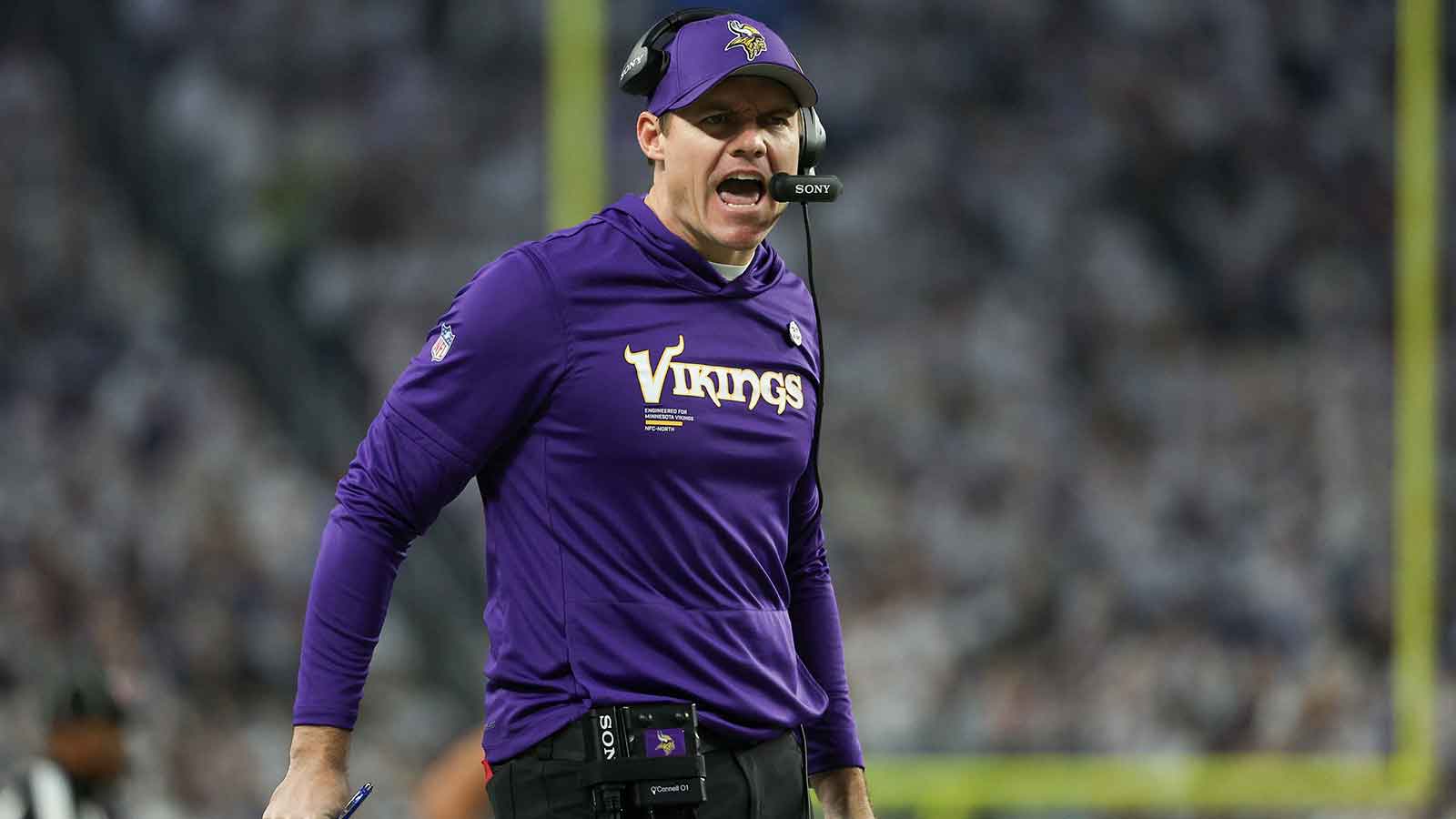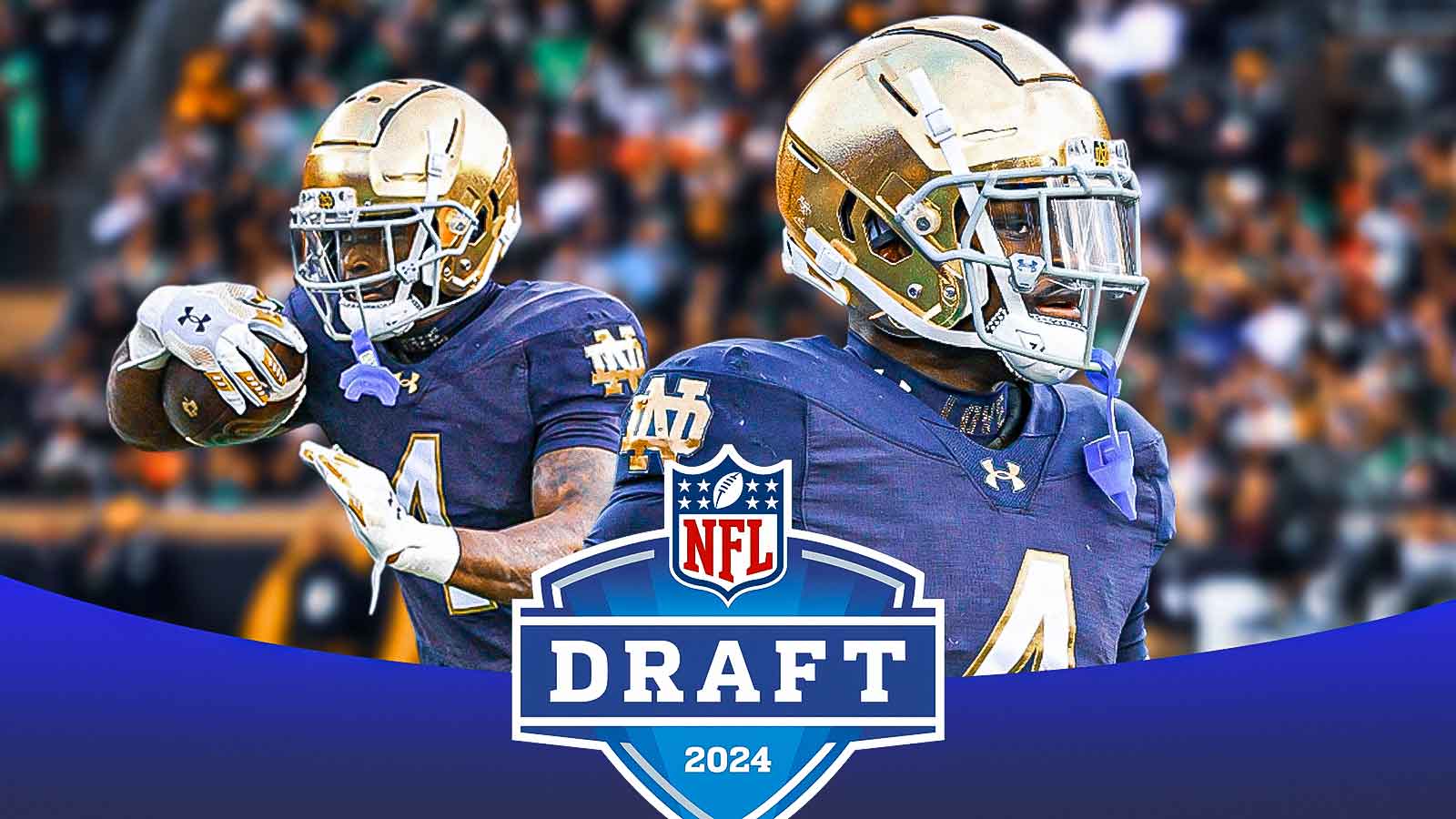President Donald Trump signed an executive order intended to address various challenges in the NIL era. The Executive Order aims to protect and enhance opportunities for student-athletes, particularly in women’s and non-revenue sports, while preserving the unique structure of college athletics. It prohibits pay-for-play schemes but allows fair-market-value compensation, ensures revenue-sharing doesn’t harm non-revenue sports, and directs federal agencies to clarify student-athlete status and safeguard their rights.
The Trump Executive Order, widely speculated for weeks, aligns with the NCAA’s efforts to pass the SCORE Act through Congress. The legislation aims to prevent athletes from gaining employment status while removing most restrictions on NIL (Name, Image, and Likeness) compensation. It grants schools and conferences the authority to set rules, overrides state NIL laws, and offers antitrust protections to the NCAA and conferences.
On Wednesday, the SCORE Act advanced through a House committee, setting the stage for a potential floor vote in September during the fall congressional session. Backed by seven Republicans and two Democrats, the bill has a solid chance of passing in the House but faces an uphill battle in the Senate, where it would require at least seven Democratic votes to succeed.
Amid the signing of the executive order and progress on the SCORE Act, many questions remain about how the rules will be enforced. On3's Pete Nako had several questions that he posed on his X account.
“Two key questions that need to be answered: Who enforces the prohibition on pay-for-play, What will the penalty be for violating the order,” he asked.
He continued with more series of questions.
“Another major question: What exactly is ‘prohibiting third-party, pay-for-play payments.' Is that strictly any donor-driven NIL collective activity, or is that still a business opportunity?”
NBC Sports Insider Nicole Auerbach reported on the executive order, mentioning that the White House announcement doesn't include the full text of the order and noted the distinction between it and congressional legislation.
“An executive order is not federal legislation. There are a lot of big questions left unanswered with this announcement,” she said in a thread on her X account.

